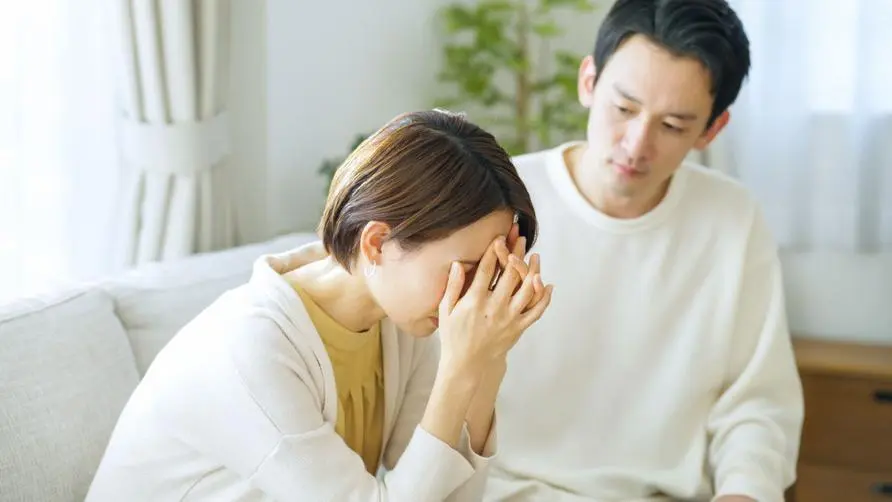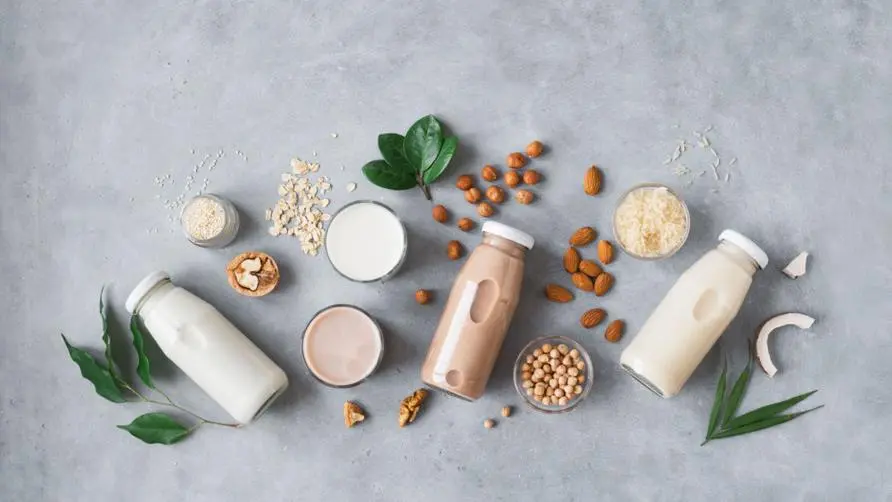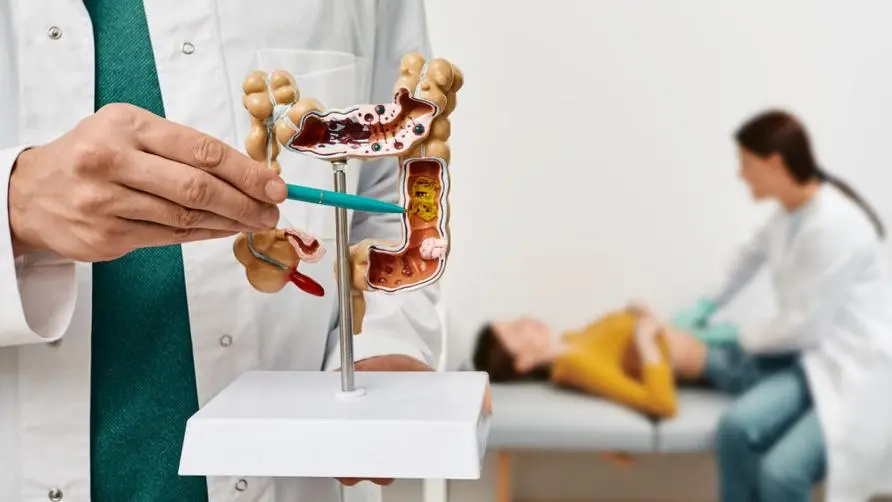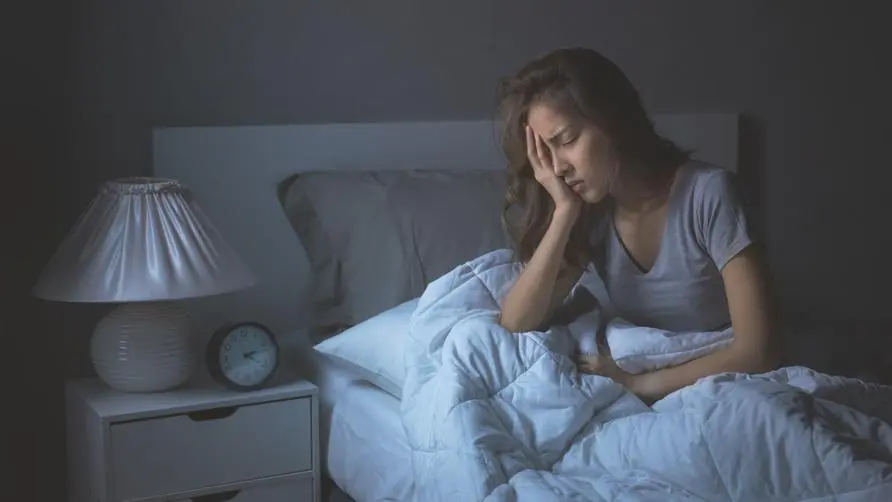Are your relatives and friends stressed out? "1 action" is more effective than giving money! It can also prevent depression from worsening

In recent years, the proportion of the global population suffering from depression has been increasing, and mental illness has become a major health problem that modern people cannot ignore. However, as long as you get timely support from society, it may be helpful to patients with depression? Research published in the American Journal of Psychiatry (AJP) shows that for patients with hereditary depression, obtaining social support can significantly reduce the impact of the disease.
“1 action” can save patients with depression! Study: Receiving social support can reduce depression symptoms by more than 50%
The University of Michigan team used data from two long-term studies as the main axis of this trial: one is the Hospital Intern Health Study, consisting of 1,011 first-year residents; the other is the Health and Retirement Study, involving 435 An elderly group who have recently been widowed.
During the training period, the total depression scale score of trainee doctors increased by an average of 126% due to being far away from their families and social circles and being in closed environments such as hospitals for a long time; while for the elderly group, the score increased by about 36% due to widowhood or the death of a partner. The research team believes that the reason for the increased risk of depression in these two groups is most likely the loss of “social support”, which in turn creates a sense of isolation and loneliness, leading to the emergence of symptoms of mental illness.
The research team emphasized that in the depression scale score, there is a score item involving “polygenic inheritance” to test whether you are a high-risk group for hereditary depression. Those with higher polygenic genetic item scores also had higher total depression scale scores; however, when the research team introduced the variable “social support”, the depressive symptoms of the interns began to decrease, and were on average lower than those of other subjects. About 2%.
There are even certain subjects whose risk of depression is lower than that of their peers with low genetic risk factors. The research team calls this phenomenon a “crossover effect.” In addition, the benefits gained by the elderly group through social support are more significant, with scale scores reduced by approximately 49%. The research team pointed out that cross-over effects are also seen in older people: widowed people with genetic risk have fewer depressive symptoms than their peers after receiving social support.
Does genetic inheritance determine the severity of depression? Experts: The focus is on maintaining connections between patients and society
Jennifer Cleary, lead author of the study, said that further understanding of the different genetic signatures responsible for loss of social support, lack of sleep, excessive work pressure and other risk factors may help patients develop personalized depression prevention guidelines. “The findings confirm that social relationships, social support and personal sensitivity to the social environment are important factors in developing a sense of well-being and preventing depression.”
Cleary also called for moderate help when seeing relatives and friends experiencing stress, which can help maintain or strengthen the patient’s social connection; more importantly, this is beneficial to both the person who is under stress and the person who lends a helping hand. “Reducing the level of stress people continue to face, whether in the workplace, at school, or at home, is critical.”
How to help relatives and friends around you get out of the gloom? It is important for the “two major supports” to cooperate with each other
What is social support? According to the American Psychological Association (APA), social support is the provision of assistance or comfort to others. Often to help friends and family cope with physical, psychological and social stress. Support may come from any of the relationships within a person’s social network, such as family members, friends, neighbors, religious institutions, co-workers, caregivers, or support groups, to name a few.
The American Psychological Association states that social support can take the form of practical help, such as doing chores, providing advice, “tangible support” that involves providing money or other direct material assistance; and “intangible support” that makes the individual feel valued, accepted, and understood. “. In some specific cases, invisible support may be more effective for patients with mental illness, because tangible support often represents the patient’s poor financial situation and may not be able to maintain long-term and effective help for other relatives and friends.
The American Psychological Association emphasizes that although social support is crucial to improving the symptoms of patients with depression, patients must still recover from the disease as soon as possible through measures such as exercise, dietary improvement, and cooperation with medical doctors. If the help of relatives and friends is still not enough to improve the patient’s symptoms, he should immediately consult a psychosomatics department or psychiatrist, or take the initiative to receive psychological consultation to avoid continued worsening of symptoms and impact on daily life.
Source:
Polygenic Risk and Social Support in Predicting Depression Under Stress
Support from others in stressful times can ease impact of genetic depression risk
Further reading:





